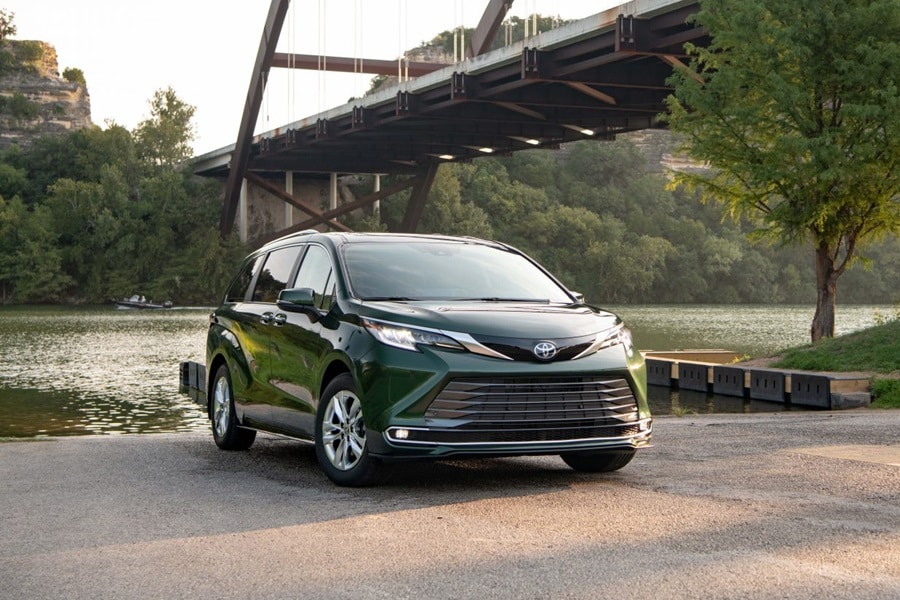When we decide to buy a vehicle and the other features, we inquire about the engine type, i.e., whether it is a diesel engine or a gas engine. Both diesel and gas engines work in the same way, i.e., chemical energy from burning fuel and air mixture converts into mechanical energy, which helps in the vehicle’s movement. This burning of fuel is the combustion, and the process is internal combustion. The process is called so because the process takes place internally.
The internal combustion engine consists of a piston that is moveable and a fixed cylinder. The gas from the combustion process pushes the piston, which rotates the crankshaft, powertrain gears and makes the wheels of the vehicle move.
Contents
There Are Two Types Of Internal Combustion Engines

-
- Four-stroke Piston Engines – These internal combustion engines need four strokes of piston movement to generate power. It follows four processes to generate power: intake, compression, combustion and power stroke expansion, and exhaust.
- Two-stroke piston engines – These types of internal combustion engines need only two strokes of piston movement to generate power. It follows two processes to produce energy, i.e., compression and expansion.
Difference Between Diesel And Gas Engines

The diesel engine was invented in 1892 by Rudolf Diesel, and Nikolaus August Otto developed it in 1876. In the diesel engine, fuel injects directly into the cylinder, whereas, in a gas engine, fuel can be injected in two ways – a port injection system and carburetor.
In the port injection system, the air is injected right before the intake process into the fuel, whereas the carburetor mixes fuel and air before sending it into the cylinder.
The other significant difference between the two is that in a 4-stroke diesel engine, only air goes into the cylinders during the intake process, and fuel is mixed later. However,
in a 4-stroke gas engine, a mixture of air and fuel is inserted into the cylinders during the intake process.
The higher the compression ratio, the better fuel efficiency will be for the diesel engine. The diesel engine can compress the air more during the intake stage, as fuel is not mixed with the air; therefore, it has a high compression ratio and is thus highly fuel-efficient.
Significant Differences

On the contrary, in the gas engines, as both air and fuel insert during the intake stage, they cannot be compressed more as high temperature due to compression can lead to self-ignition of fuel. This can further lead to massive damage to the vehicle.
Diesel engines do not have a spark plug. Air compresses to generate high pressure and high temperature, which ignites the fuel. But, in a gas engine, a spark plug is used to ignite the engine. Diesel fuel is thick, and therefore it evaporates slowly. It is more economical and has more density. However, gasoline has a low viscosity. It has to be stored in an airtight container to prevent oxidation.
Diesel engines do not require significant service as they do not have many parts to malfunction. Also, the repair bill is small. As opposed to diesel engines, gas engines need a spark plug and a proper setup to make it work properly, which tends to malfunction after a period.
Conclusion
Now that you know the difference between both the engines you can easily decide which vehicle best suits your requirement and take proper care of them. Always remember to research the same engine in the car to see the common issues and what mileage they commonly occur at. If you take proper care of the engine,it will likely last a long time.


